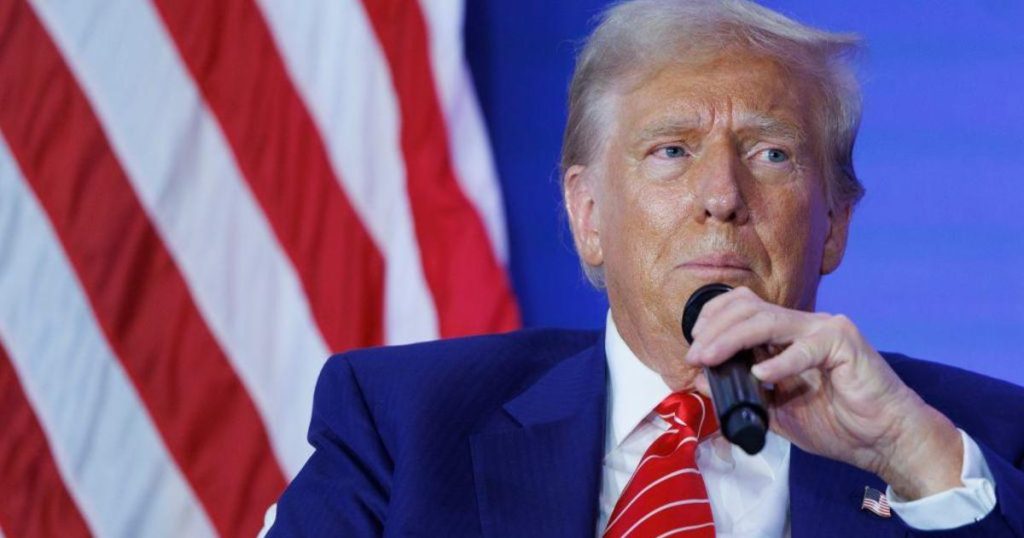A federal judge quickly rejected former President Donald Trump’s request to intervene in his New York hush money criminal case, denying Trump’s attempt to move the case to federal court and seek to have his conviction overturned. U.S. District Judge Alvin Hellerstein ruled that Trump’s conviction for falsifying business records was a personal matter and not immune from prosecution under the Supreme Court’s presidential immunity ruling. Trump’s request to have the case heard in federal court was denied by Hellerstein, who stated that there was no impact on his previous conclusion that the hush money payments were private acts outside of executive authority.
Hellerstein also dismissed claims by Trump’s defense team that the trial judge had treated him unfairly, stating that he did not have jurisdiction over arguments about the propriety of the New York trial. A Trump campaign spokesperson indicated that they would seek to appeal the ruling, with plans to continue fighting to move the case to federal court. The Manhattan district attorney’s office declined to comment on the ruling, but objected to Trump’s efforts to delay post-trial decisions in the case while seeking federal court intervention. Judge Juan M. Merchan is expected to rule soon on delaying sentencing and overturning the conviction in response to Trump’s requests.
Trump was convicted of falsifying business records in May for concealing a hush money payment to Stormy Daniels, an allegation he has denied. His lawyers argue that the case was tainted by violations of his constitutional rights and that the verdict is affected by the Supreme Court’s immunity ruling. Sentencing for the case is scheduled for September 18, just two days after Merchan’s expected decision on the immunity issue. Trump’s lawyers have raised concerns about the timing of sentencing before the election, suggesting it could be seen as election interference. Prosecutors have not taken a position on delaying sentencing, but expressed openness to a schedule that allows time to address Trump’s motion to overturn the verdict.
Merchan previously rejected Trump’s request for him to step aside from the case, stating that Trump’s claims of bias and unfairness should be addressed through the state appellate courts. Trump can pursue a state appeal or seek review from the U.S. Supreme Court on those issues. The defense has argued that prosecutors rushed to trial before the Supreme Court’s immunity decision and erred in presenting evidence that was not allowed under the ruling. Trump’s legal team contends that certain evidence, such as Trump’s reactions to news coverage of the hush money deal and tweets sent during his presidency, should not have been shown to the jury.


